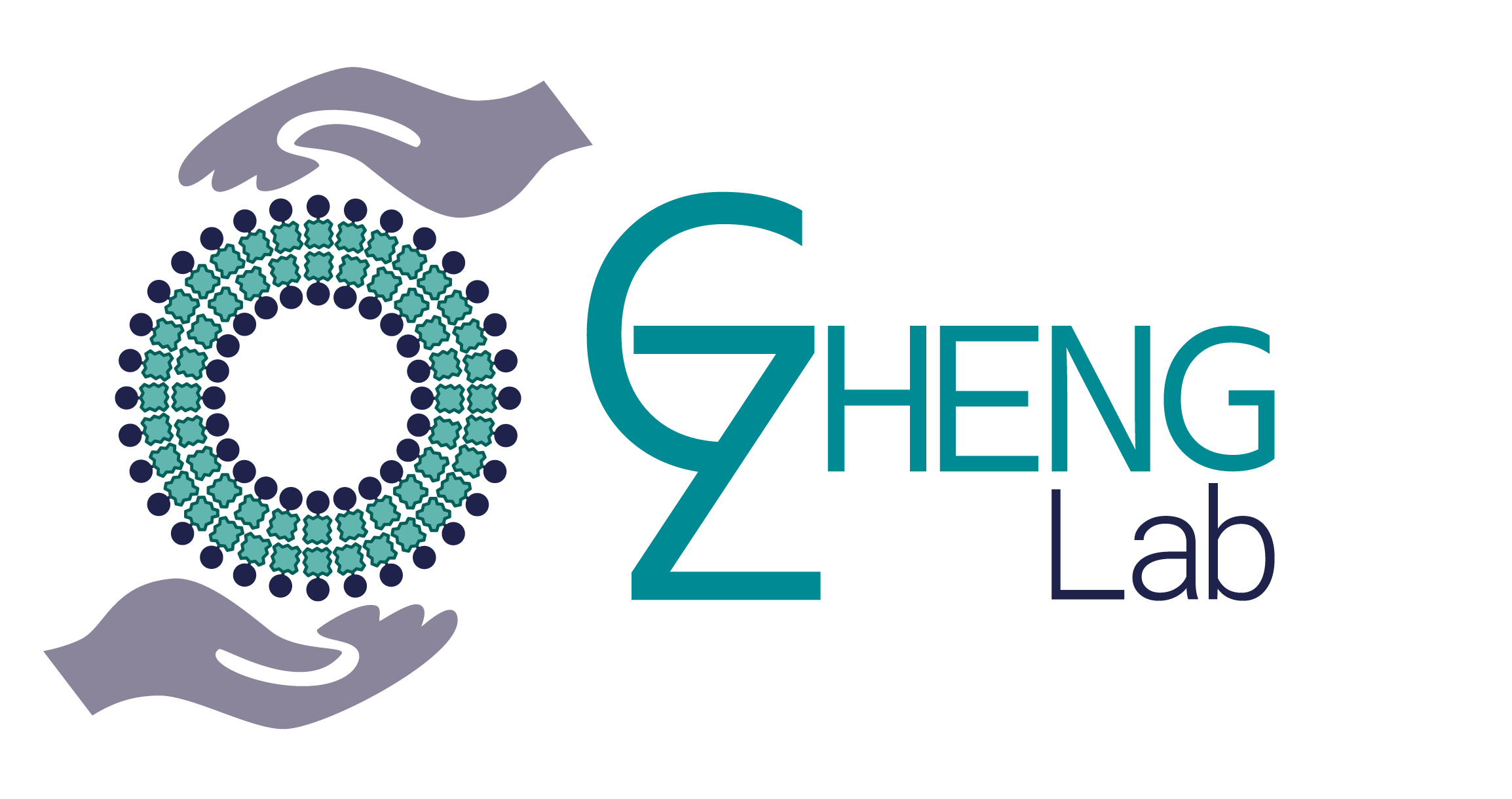Guidolin K, Ding L, Chen J, Zheng G
Advanced Therapeutics
Photodynamic therapy (PDT) is an anticancer treatment modality that has been poorly adopted into clinical practice for a variety of factors. Though fundamental studies supporting its utility abound, few clinical trials have been performed on its use. This may be due to failures in the translation of treatment protocols used in fundamental studies into clinically viable protocols. This study sought to develop a clinically viable protocol for the treatment of colorectal cancer using n anoparticle-based PDT by using three complementary animal models. Using the Porphysome nanoparticle as a model photosensitizer, several theoretical and practical challenges to the clinical delivery of PDT are addressed including the required drug-light interval, the route of administration, and the method of light irradiation delivery. This study found that nanoparticle-based PDT can effectively ablate colorectal cancer tumors, that PDT can be effectively delivered after a relatively short drug-light interval, and that safety concerns related to off-target effects can be mitigated through the peritumoral administration of the photosensitizer and the transanal intraluminal placement of light irradiation. These findings lay the framework for future clinical trials investigating the use of PDT as a component of the multi-modal approach to the treatment of colorectal cancer.
